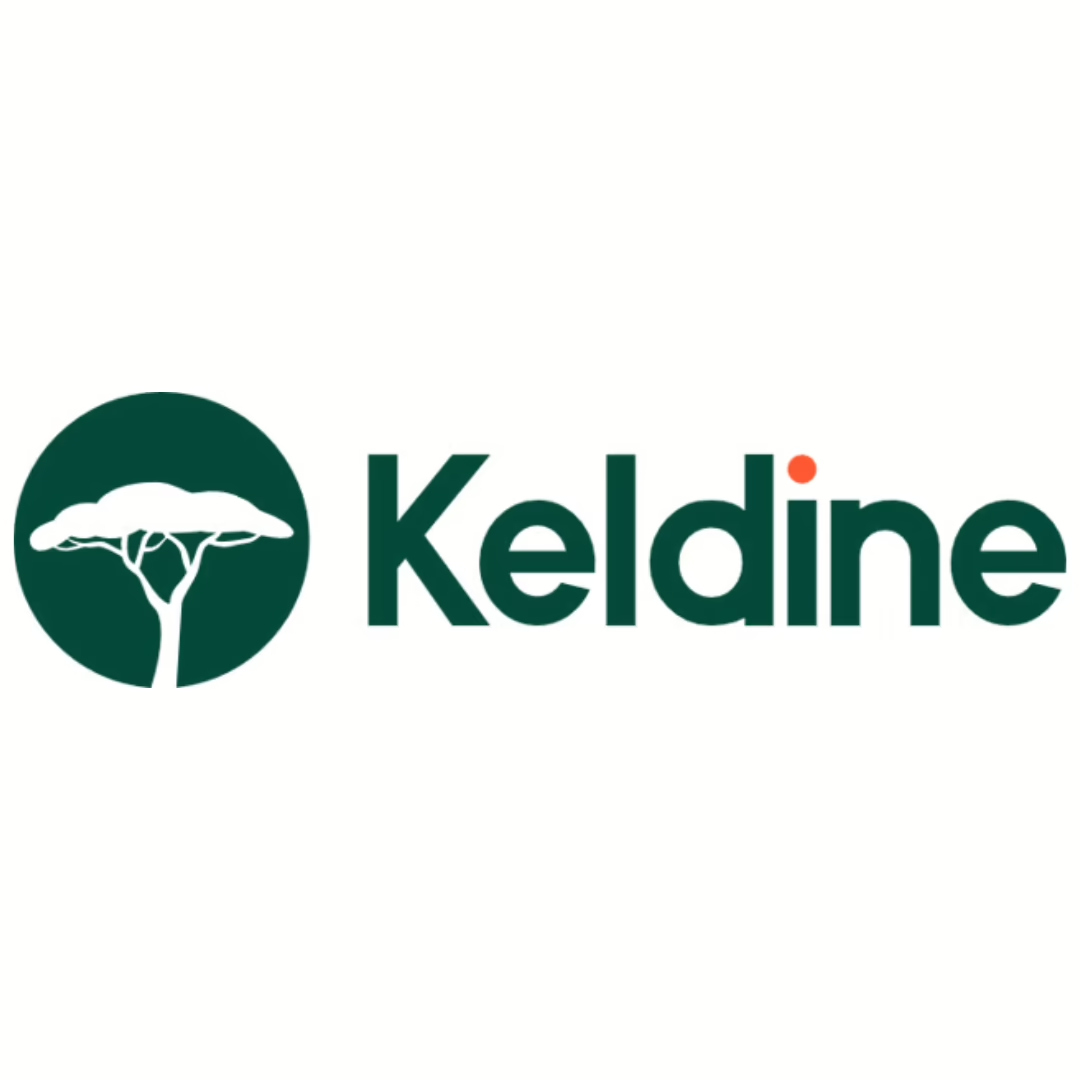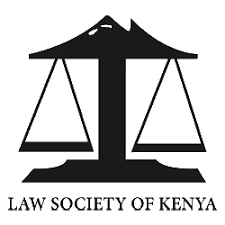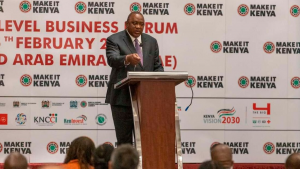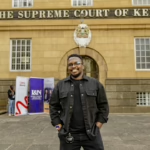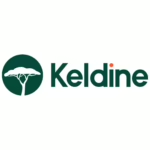Meta, ooriginally known as Facebook, has outlined interventions it has been making towards making Kenya’s August 2022 elections safer, and curb misinformation, voter harassment and increase transparency.
Meta says the company has preparing for 2022 election over the past year, and has roped in the help of a dedicated teams working closely with election authorities and trusted partners in the country. Meta also says it has also invested in people and technology to help reduce the spread of misinformation, detect and remove hate speech, improve digital literacy and help make political advertising more transparent.
Mercy Ndegwa, Director of Public Policy East & Horn of Africa says Meta has established operations centers for major elections around the world since 2018, including in Kenya. “Our team dedicated to the Kenyan election includes experts from Kenya and people who have spent a significant amount of time in the country, which we believe is critical to understanding the local landscape” says Mercy. “With their help, we continue to respond to potential problems and abuse that might emerge in the country”, Mercy says in a statement.
Meta says its community Standards include strict rules against hate speech, voter suppression, harassment and inciting violence, and in order to identify and remove content that violates these standards, Meta has deployed a combination of artificial intelligence, human review and user reports. Meta also says it has quadrupled the size of its global team focused on safety and security to more than 40,000 people and hired more content reviewers to review content across our apps in more than 70 languages — including Swahili.
“In the six months leading up to April 30, 2022, we took action on more than 37,000 pieces of content for violating our hate Speech policies on Facebook and Instagram in Kenya,” says the statement by Mercy. She also adds that during the same period, we also took action on more than 42,000 pieces of content that violated our Violence & Incitement policies.”
Other interventions the global firm has made towards the elections include protecting female public figures and human rights defenders, where Meta has partnered with the Kenya Women Parliamentary Association (KEWOPA), Pollicy and UN Women, to train women members of Parliament, aspirants and human rights defenders on safety, even as work continues within the global firm to understand gender-based slurs used online in local languages.
Meta has also put in place measures to combat false news and misinformation by removing the most serious kinds of misinformation from its platforms Facebook and Instagram, such as content that is intended to suppress voting or could contribute to imminent violence or physical harm. During the Kenyan elections, based on guidance from local partners, this will specifically include false claims that people with weapons are guarding polling stations, false claims that polling stations have been damaged and photos and videos shared out of context depicting ballot-stuffing or violence.
These efforts have also been boosted further through Meta’s partnerships with third-party fact-checkers in Kenya — AFP, Pesa Check and Africa Check, who review content in both English and Swahili For content that doesn’t violate these particular policies, where if a piece of content is reviewed and rated as false, we reduce its distribution and add a warning label with additional information.
At the same time, political Ads have been made more transparent, with advertisers who want to run political ads in Kenya must undergo a verification process to verify their identity and that they live in the country. We then run additional checks to ensure their compliance with our policies, and political ads must be labelled with a “Paid for by” disclaimer to show who’s behind it. Distribution of content from those who have repeatedly or severely violated our policies is temporarily been reduced, with Meta stating that limiting forwarding is an effective way to slow the spread of viral misinformation and harmful content that has the potential to cause offline harm.
“In 2021 we announced new rules for WhatsApp that included reducing the number of people you can send a highly forwarded WhatsApp message to, to just one chat at a time”, says Mercy. “Since then, we’ve seen a 70% drop in the number of highly forwarded messages on WhatsApp, in addition to introducing the same forward limit on Messenger, so messages can only be forwarded to five people or groups at a time,” Mercy says.
Other interventions include improving digital and media literacy in Kenya, with programs like My Digital World which is focused on raising awareness amongst youth, teachers, parents and guardians on topics such as online safety, privacy, digital citizenship, news and media literacy, delivered through live webinars. Meta has also partnered with iEARN Kenya to provide teachers and parents with lessons on how to safely guide people through the digital world.
Public education on online safety is also been carried out using local radio stations, to educate listeners on how to spot hate speech and misinformation, and what actions to take. These have been running in multiple local languages including Luo, Kalenjin, Kikuyu, Swahili as well as English, Meta says.



